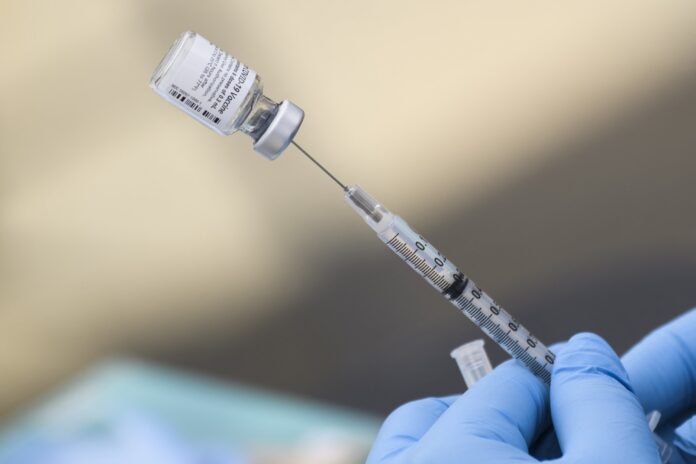The World Health Organization issued interim recommendations on Thursday for mixing and matching Covid-19 vaccines from different manufacturers for both the second dose and booster shots. — AFP pic
NEW YORK, Dec 17 — The World Health Organization issued interim recommendations on Thursday for mixing and matching Covid-19 vaccines from different manufacturers for both the second dose and booster shots.
Depending on availability, mRNA vaccines, such as those developed by Pfizer Inc and Moderna Inc can be used as subsequent doses after initial doses of AstraZeneca’s vectored vaccine and vice versa, the global health body said.
AstraZeneca and any of the mRNA vaccines can also be used after initial doses of Sinopharm’s inactivated vaccine, WHO said.
Viral vector vaccines contain instructions for making coronavirus antigens, while mRNA vaccines use a code from SARS-CoV-2, the coronavirus that causes Covid-19, to prompt an immune response in recipients. Inactivated vaccines take the SARS-CoV-2 virus and inactivate or kill it using chemicals, heat or radiation.
The guidance has been developed based on advice from WHO’s Strategic Advisory Group of Experts on vaccines earlier this month.
The recommendation comes after a major study last week said a first dose of AstraZeneca or Pfizer/BioNTech shots followed by a Moderna vaccine nine weeks later induced a better immune response.
However, WHO said the mixing and matching should take into account supply projections, accessibility and the benefits and risks of the Covid-19 vaccines being used.
The recommendations will be reviewed as more data becomes available, the global health agency said.
Many countries have already gone ahead with mixing and matching vaccines as they faced soaring Covid-19 infection numbers, low supplies and slow immunisation over some safety concerns. — Reuters


